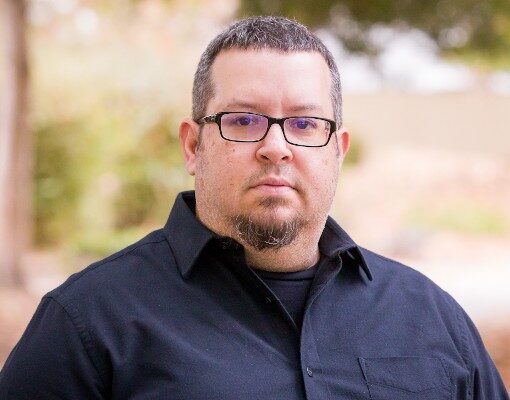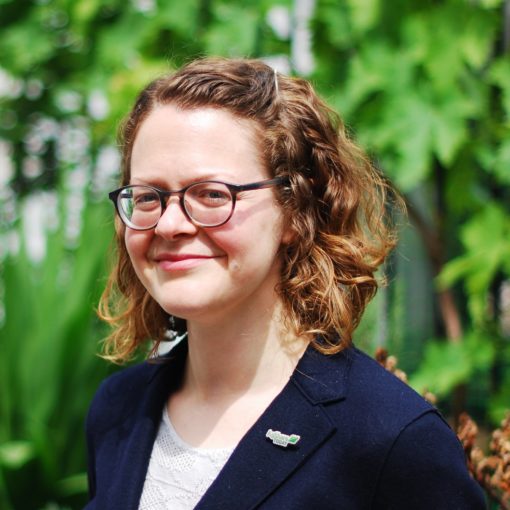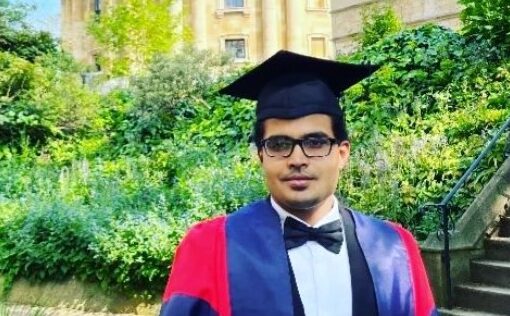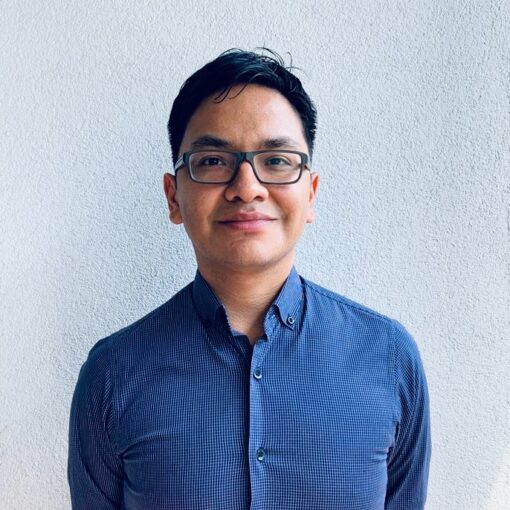PhD; Environmental Engineering, Cornell University 2018
| Senior Data Scientist | |
|---|---|
| Torqata Data and Analytics | |
Year entered into a non-academic position: 2018
Job highlight: I like setting up projects, asking questions and helping the team determine the best path forward.
My research training set me up to: Analyze data, ask good questions, be independent, and get things done.
Left academia after: Finishing my PhD.
What’s your background? My background is in environmental engineering, and I worked for 2 years in consulting before returning to get my PhD.
Why did you move away from academia? I didn’t move away from academia. I moved towards something I wanted to do. I wanted to work in industry and in a faster paced environment than academic research. I love it.
I enjoy working on projects that have a quicker impact, or at least a more visible impact than some research projects which may take years to see outcomes.
Is there anything you miss about academia?
I miss the really, really smart people who will talk at length on various topics. I miss the diverse and eclectic group of people it brings together.
How did you get this job? Did you face any challenges when considering a move away from academia or applying for the role? I did a data science fellowship to help me transition to this role, and it was super helpful.
What motivated you to/why did you choose the sector you transitioned into? Tech has a ton of cool problems to solve and is highly paid, so it felt like a good fit.
Did you think you had the skills required for your current position before you started? Were you right? The fellowship helped me see I had the skills I needed, and I was right. However, in tech you are always learning and thus the skills from 2 years ago are not the skills in demand today.
How did your PhD prepare you for your current job? For example, what were the transferable skills that you developed during your PhD that are most relevant to your current job? I learned how to code, and analyze big data during my PhD where I looked at gene metagenomics. These skills are in high demand in industry.
I also learned to try and be OK with failure. Again, something that not many people have in industry as it is easier to ‘do what they tell you’ than to think critically.
Did you have any preconceptions about your sector that proved to be wrong? I thought all tech people were big computer nerds, and they’re not.
Can you describe a typical week in your job? I work fully remotely, and a typical work week is 40-hours where I am mostly coding and developing analytic models.
What is the workplace culture like? Please include comments on work-life balance, flexibility, remote working? The culture is great, good people, and very flexible. This is a fully remote role.
Do people with a PhD frequently get hired in the company/sector? Yes, data science is often hiring PhDs.
What are your favourite parts of your job? My favorite parts are working with different stakeholders to hone in on exactly what we want to accomplish. I enjoy figuring things out and presenting these results to different groups to get their feedback and buy-in.
What are your reflections on your career path?
I believe we will no longer have “1 career” and will have many in our lifetime. The PhD was a great place for me to gain confidence and learn that I can hold my own with anyone else in the room.
I love that I have environmental knowledge that I may bring to my future career. I also love that I started my own small business “for the love of grad” where I help diverse people get into fully funded PhD programs to become leaders and changemakers. I run this business with my small team in addition to my full time role. I love getting to create my own thing, and believe many PhDs value this as well.
I believe I can make a difference, and I know the PhD opens doors to many people who are locked out of leadership roles.
Do you have any advice for current graduate students and postdocs considering a career outside of academia?
It’s great out here! But you need to decide what works for you. There is no 1 right way, and no 1 perfect career. You can try things and figure it out. I know you can!
What do you know now that you wish you’d known when exploring a transition?
That it’s all about who you know, so keep networking!
Can you recommend any relevant resources, organisations or events that might help somebody new to the sector find out more about it? There are a ton of coding/data science boot camps out there, and if that is your interest it is worth investing your time and money to create the life you want.
https://www.fortheloveofgrad.com/





